Introduction
The trucking industry is an integral part of the global economy, facilitating the transportation of goods and ensuring their timely delivery. As the market evolves, it is crucial to stay informed about the current trends shaping the trucking industry. In this article, we will explore key developments, emerging technologies, and market dynamics that are influencing the trucking sector. By understanding these trends, you can position your business for success and make informed decisions that drive growth.
Impact of Digitization and Automation
The Rise of Digital Freight Platforms
Digital freight platforms have revolutionized the trucking industry by connecting shippers and carriers efficiently. These platforms leverage technology to streamline the process of matching freight with available trucking capacity. By utilizing real-time data and advanced algorithms, these platforms optimize route planning, reduce empty miles, and enhance overall supply chain visibility. As a result, shippers can find reliable carriers, and carriers can secure consistent loads, leading to improved operational efficiency and reduced costs.
Autonomous Vehicles and the Future of Trucking
Autonomous vehicles have garnered significant attention in recent years, and the trucking industry is no exception. With advancements in artificial intelligence and sensing technologies, self-driving trucks are becoming a reality. These vehicles have the potential to transform the industry by enhancing safety, improving fuel efficiency, and addressing the shortage of qualified truck drivers. While fully autonomous trucks are still in the testing phase, the industry is gradually adopting semi-autonomous features such as adaptive cruise control and lane departure warning systems.
Environmental Sustainability and Efficiency
Electrification of Trucks
In response to environmental concerns and regulatory pressures, the trucking industry is embracing electrification. Electric trucks offer several advantages, including reduced emissions, lower maintenance costs, and quieter operation. With advancements in battery technology and the establishment of charging infrastructure, electric trucks are becoming a viable alternative to traditional diesel-powered vehicles. As the industry transitions to a greener future, electric trucks are expected to play a significant role in reducing carbon emissions and improving sustainability.
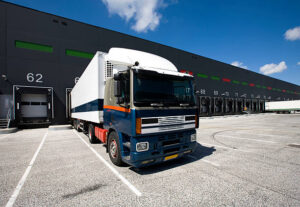
Alternative Fuels and Energy Sources
In addition to electrification, alternative fuels are gaining traction in the trucking market. Natural gas, biofuels, and hydrogen are being explored as viable options to reduce greenhouse gas emissions. Natural gas-powered trucks, for example, produce lower levels of nitrogen oxide and particulate matter compared to diesel engines. Biofuels, derived from renewable sources, offer a greener alternative and can be blended with traditional fuels. Hydrogen fuel cell technology shows promise for long-haul trucks, offering extended range and zero emissions. These alternative fuels and energy sources contribute to a more sustainable and environmentally friendly trucking industry.
Supply Chain Optimization and Visibility
Integration of Internet of Things (IoT)
The Internet of Things (IoT) is revolutionizing the trucking industry by enabling real-time tracking, monitoring, and optimization of supply chain operations. IoT devices and sensors can be installed in trucks, trailers, and warehouses to collect valuable data. This data, when combined with advanced analytics, provides insights into vehicle performance, driver behavior, cargo conditions, and more. By harnessing this information, companies can identify bottlenecks, streamline operations, and enhance overall supply chain visibility, resulting in improved efficiency and customer satisfaction.
Blockchain Technology for Enhanced Transparency
Blockchain technology has the potential to transform the trucking industry by ensuring transparency and security in supply chain transactions. By leveraging distributed ledger technology, blockchain enables the creation of tamper-proof records of every transaction and movement of goods. This enhanced transparency reduces the risk of fraud, enhances traceability, and simplifies compliance with regulations. Additionally, blockchain-powered smart contracts can automate processes, reducing paperwork and administrative burdens.
Conclusion
As the trucking industry continues to evolve, it is essential to stay ahead of the curve and adapt to the latest trends. Digitization and automation are reshaping the industry, offering increased efficiency and optimization. Environmental sustainability is gaining prominence, with electrification and alternative fuels leading the way toward a greener future. Supply chain optimization and visibility are being revolutionized by IoT integration and blockchain technology. By embracing these trends, businesses can position themselves for success in a highly competitive market.
To stay at the forefront of the industry, it is crucial to remain informed, continually assess emerging technologies, and adapt strategies accordingly. By leveraging the power of technology and embracing sustainable practices, the trucking industry can thrive in the ever-changing business landscape.
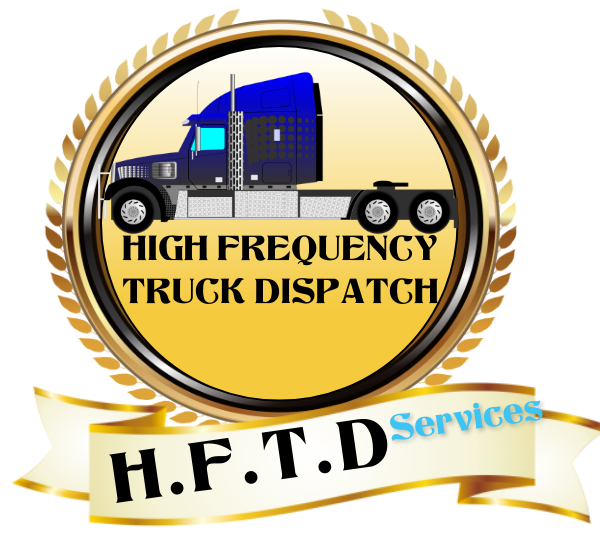
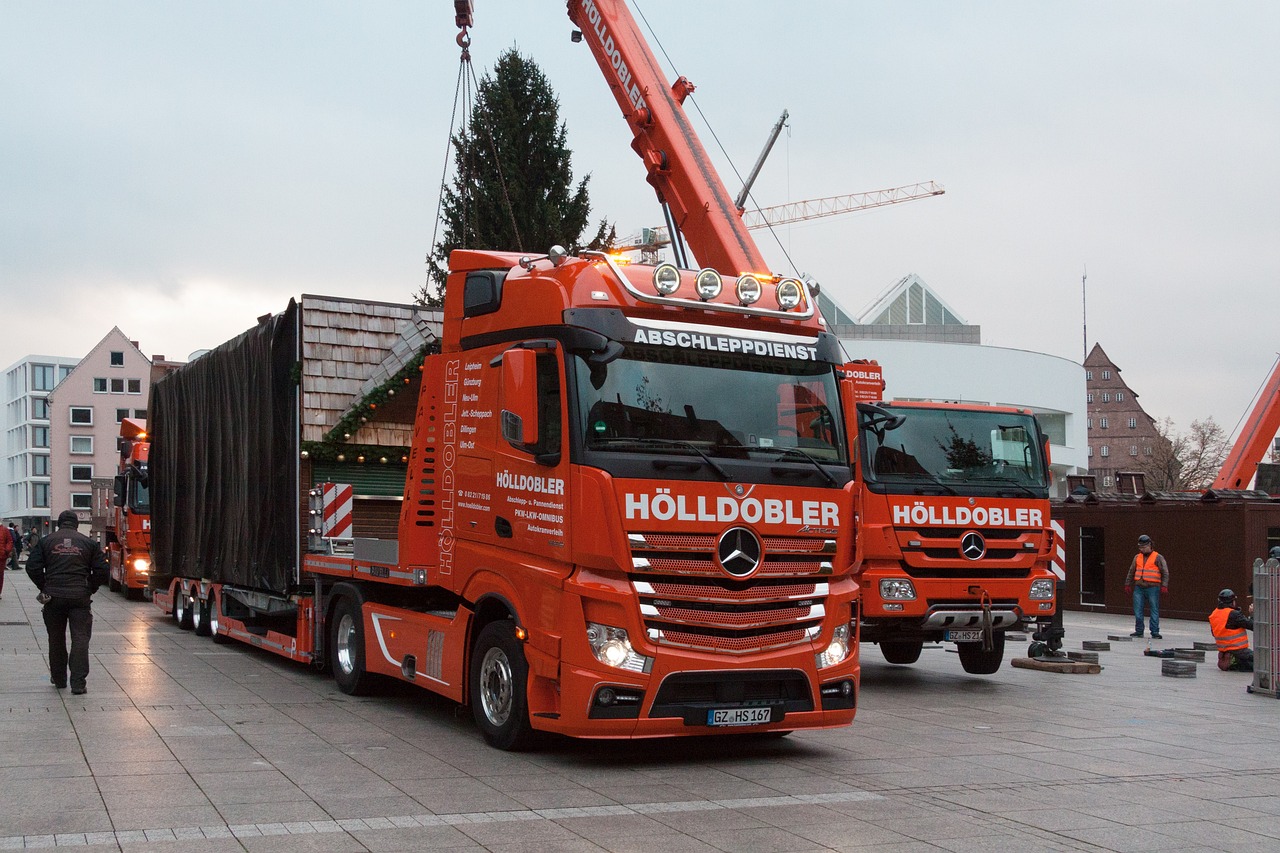
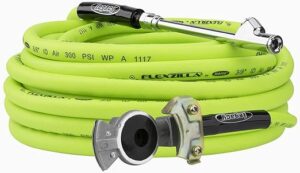
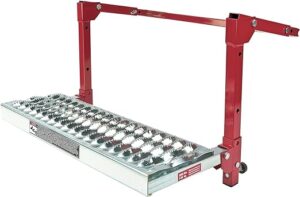



No Responses